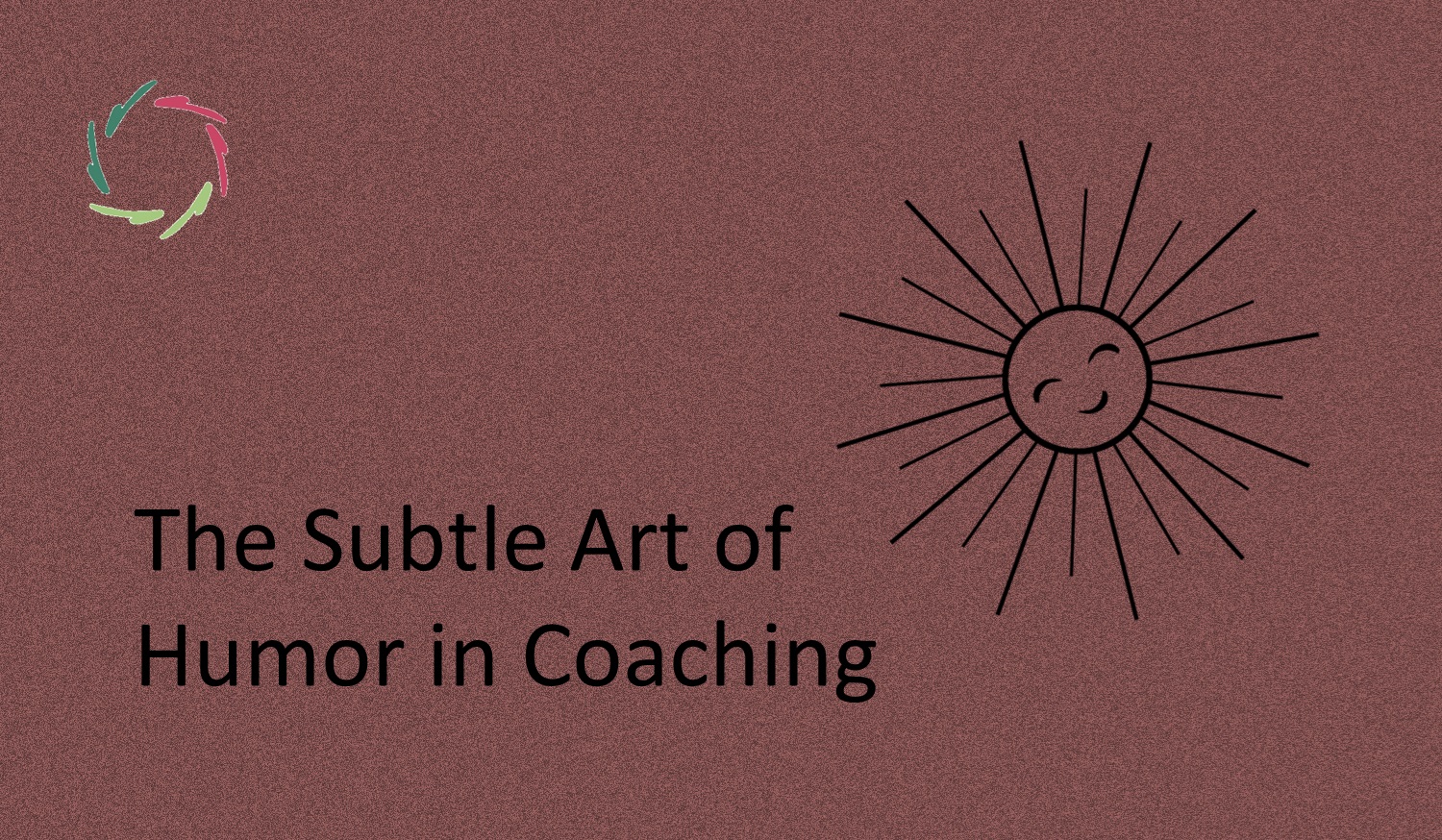You Are an Organism, Not a Mechanism.

The difference is relevant to every aspect of life.
You are an organism, not a mechanism.
Though this seems the most obvious insight, still we mostly act as if the reverse is true.
Even the working of the brain used to be understood as some kind of hydraulic system with pressure valves and the like, then it went to be like a telephone switchboard, then it became something like a digital computer.
Of course, the brain is part of a living organism.
Before the beginning of medical science as we know it today, around 1800, health and disease were seen as the result of an equilibrium or disequilibrium of four types of fluids inside the body. The healing endeavor was to rebalance the ‘thing.’
Medical science didn’t bring much progress in this respect, mainly due to its striving to be like physics which was held in high esteem back then. Medical doctors are still called ‘physicians.’ They mainly treat the body like a physical thing.
Western medicine has been built on the premise that people are like mechanisms.
Then psychiatry as a new discipline borrowed this urge towards physicalizing mental disease. In the medical model, health equals a nicely running state of the machine. Disease is a crack of the machine. Curing the disease consists in a return to the condition as it was before.
Sometimes this may be more or less OK. But never when mind is involved. In this present day and age, even a simple organism is immensely more complex than a mechanism. In the domain of psychosomatics, where mind and body are to be dealt with as a whole in diagnosis and cure, one should not even think that one could durably ‘cure’ by treating a person as a kind of mechanism. For instance, psychoactive medication probably never heals in principle.
You are an organism, not a mechanism…
An organism grows from inside out. If you make it ‘grow’ from outside, you are tearing it apart.
Then you are destroying it. If you pull a plant, you break its roots. It may not immediately show, but the plant will suffer, maybe die. Where your mind is involved, you will mentally suffer. Medication will never do the trick.
You need your mind to heal your mind.
A mechanism gets repaired, an organism heals. Healing needs support. This is always a kind of hygiene, not a kind of therapy in the sense of ‘this is the cure for that disease’.
Eventually, it’s a matter of complexity.
This is not about just a bit more of complexity. It’s about a tremendous lot more of complexity.
Mind is way too complex to be repaired. It needs healing, from inside out. It grows from its own complexity towards a more appropriate complexity in view of its own life.
A matter of respect.
Acknowledging this complexity is a matter of respect towards who you really are. Inasmuch as you are dealt with as a mechanism, you are not respected as a human being. This is obvious of course. Which makes it all the more weird and sad that in many domains, people are still very much dealt with in very disrespectful ways.
So, know yourself, do yourself, be yourself as who you are.
Let it grow from inside out.


